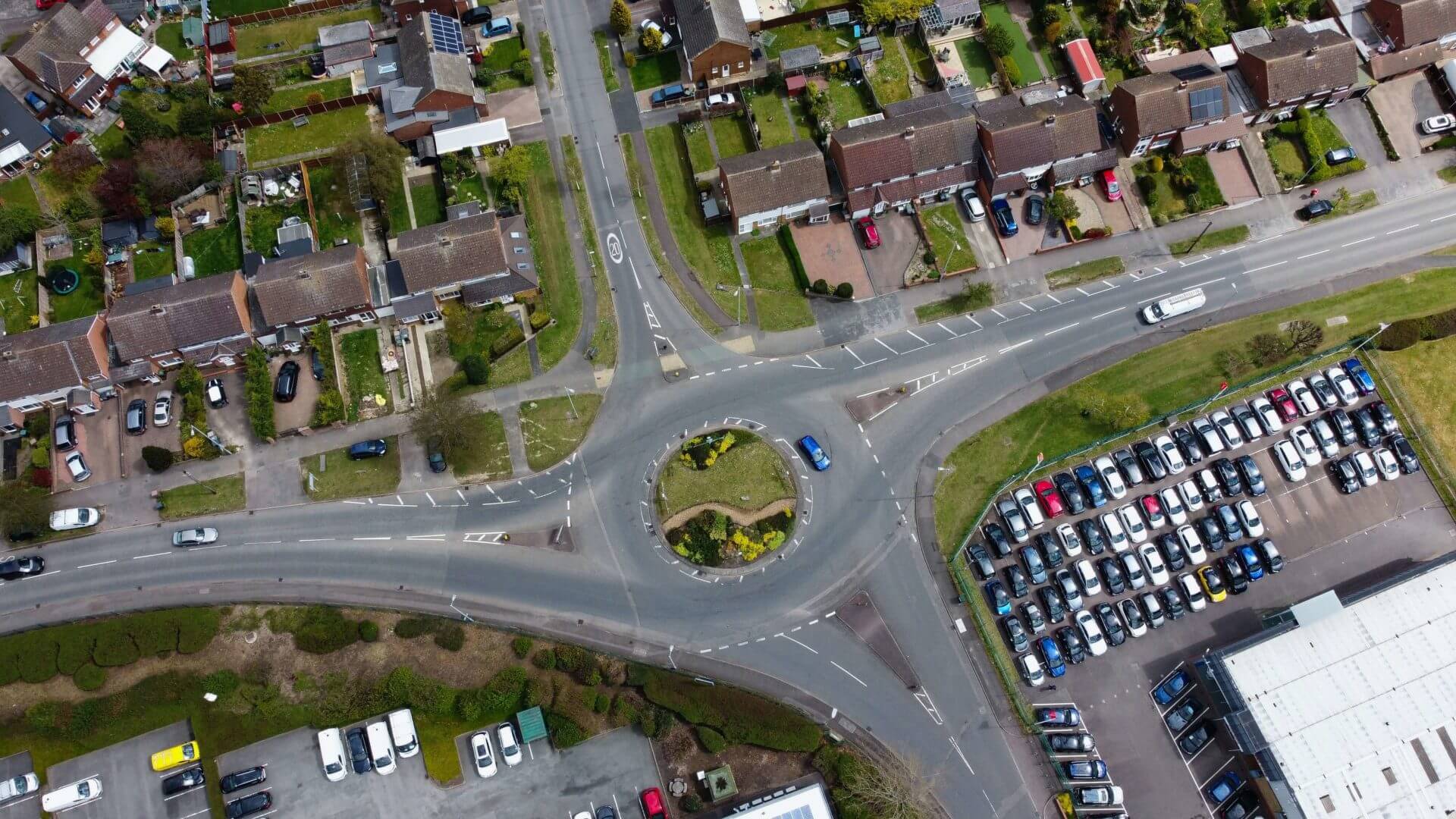
Becca Stacey, Senior Research Officer, Money and Mental Health Policy Institute
How the area you live in impacts your mental health
12 April 2022
With the government’s levelling up agenda, there’s been a lot of talk about the inequalities that exist between regions. What’s often lacking is an understanding of who it is within these regions that’s being left behind and why. That’s why it’s vitally important that the needs of people with mental health problems are factored into plans for levelling up. Over the coming months, we will be working to build an understanding of where in the UK people with mental health problems are particularly struggling financially, the reasons for this, and what can be done about it.
As a starting point, we asked our Research Community – a group of 3,000 people with lived experience of mental health problems – what in their local area has a positive or negative impact on their mental health. Here’s what we found:
How an area positively impacts someone’s mental health
Access to green space was the top factor that positively impacts people’s mental health, with many people saying that spending time in green space helps them manage their mental health problem:
“I am very fortunate to live within walking distance of some beautiful parks and open spaces, which I access regularly because they help me manage my mental health difficulties.” Expert by experience
Second to this was living somewhere that was friendly and had a strong sense of community, which both generated a feeling of belonging and security. It was also important that people’s areas had spaces to facilitate community interactions that were affordable.
How an area negatively impacts someone’s mental health
High levels of crime and antisocial behaviour was the most commonly raised issue that negatively impacts on people’s mental health. This was followed by living in an area that was deprived and run-down. The extent to which this is a problem is demonstrated by the fact that only 38% of people surveyed agree that their area is well-kept and looked after.
“The area is neglected and this makes me feel less safe to go out, interact and have a more positive outlook and thus mental health.” Expert by experience
Greater investment was therefore one of the top three things that people wanted to change about their area to improve the impact it had on their mental health and finances. Improved availability and access to mental health services, and more regular and affordable public transport were also seen as important. Difficulty accessing services is often exacerbated when combined with the fact that only 42% of people surveyed agree there is regular and affordable public transport in their area. This figure dropped to 21% for people in rural areas – making clear just how many are struggling to access the services and support they need.
“To have access to my mental health care team without a 30 mile round trip would have a dramatic effect on my ability to deal with the cyclical episodes of serious deterioration in my mental health and the financial stress that causes.” Expert by experience
Next steps
This initial research has demonstrated the link between an area’s financial situation – including levels of investment – and mental health. We’re going to be building on this research going forward, to investigate how the impact an area has on someone’s mental health also impacts on their finances, and where people with mental health problems are most likely to be struggling financially and why. This is important so that efforts to address regional inequalities focus as much on who it is within a region that is being left behind, and provide support that speaks to that.
